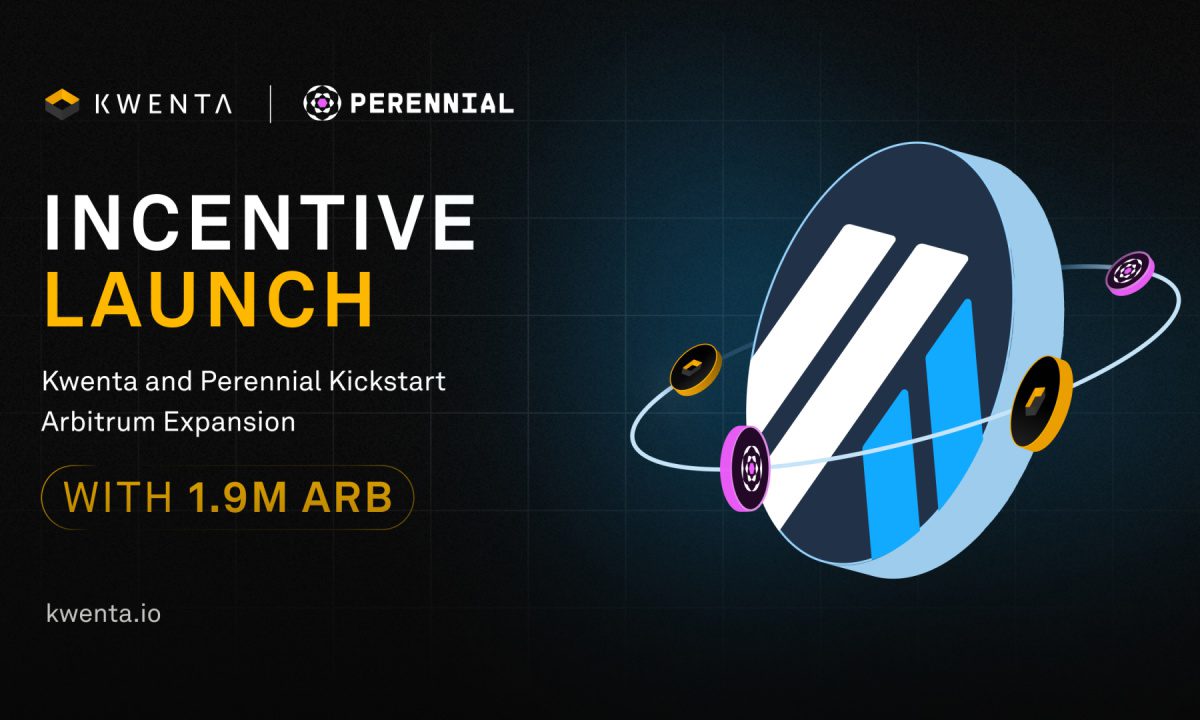In the world of blockchain technology, APIs play a crucial role in facilitating communication between different software applications. But what exactly is an API and why is it so important?
An API, which stands for Application Programming Interface, is a set of rules and protocols that allow different software applications to interact and exchange information with each other. It provides a way for developers to access the functionality of another application or service without having to understand its underlying implementation details.
Imagine you are building a house. You hire different contractors for various tasks like plumbing, electrical, and painting. Each contractor specializes in their field and knows how to do their job well. However, they need to communicate and coordinate with each other to ensure the house is built according to your specifications. In this analogy, the contractors represent different software applications, and the API is the blueprint that defines how they should work together.
APIs come in different forms, depending on the needs and requirements of the applications they serve. Some APIs are web-based, allowing applications to communicate over the internet using standard protocols such as HTTP. Others are more specific, like blockchain APIs, which enable developers to interact with blockchain networks and access decentralized data and services.
One common use case of APIs in the blockchain space is accessing blockchain data. For example, you can use a blockchain API to retrieve information about specific transactions, addresses, or blocks on a blockchain network. This allows developers to build applications that provide real-time data and interact with blockchain networks without having to run their own full nodes.
Another important aspect of APIs is that they abstract away the complexity of the underlying systems, making it easier for developers to integrate different technologies into their applications. For instance, if you want to integrate a payment gateway into your e-commerce website, you can use the API provided by the payment service to handle payment transactions securely and efficiently.
APIs also promote interoperability between different applications and platforms. They enable developers to create software components that can be reused across multiple projects, saving time and effort. This reusability is particularly important in the blockchain space, where interoperability between different blockchain networks and protocols is crucial for creating scalable and interconnected ecosystems.
Additionally, APIs provide a level of security by controlling the access and usage of resources. They allow developers to define permissions and restrictions for accessing specific data or executing certain operations. This helps prevent unauthorized access and ensures the integrity of the system.
One example of an API commonly used in the blockchain world is the Ethereum API (often referred to as Web3 API). This API enables developers to interact with the Ethereum blockchain and perform various operations such as querying account balances, sending transactions, and deploying smart contracts.
Furthermore, APIs can also be used to facilitate the integration of decentralized applications (dApps) with external systems or services. For instance, a decentralized marketplace dApp could utilize an API to integrate with a traditional payment gateway, allowing users to make purchases using both cryptocurrencies and traditional fiat currencies.
In conclusion, APIs are an essential component of modern software development, including blockchain technology. They enable applications to communicate, share data, and leverage the capabilities of other software systems. By abstracting away complexity and promoting interoperability, APIs make it easier for developers to build innovative and scalable solutions. Whether you’re building a decentralized application or working with traditional software, understanding APIs is crucial for success in the digital age.













